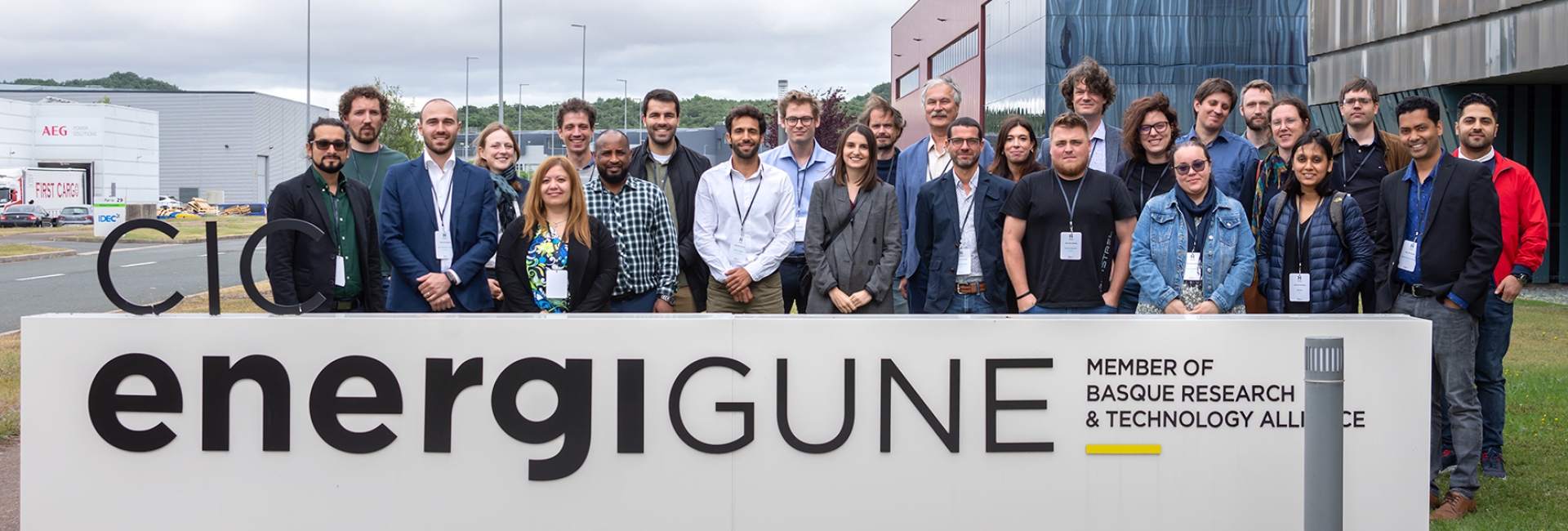
HELENA to boost the take-off of electric aviation through a new generation of solid-state batteries with halide electrolyte
The project, included in the European Commission´s Horizon Europe call, holds its kick-off meeting on June 27 and 28 at CIC energiGUNE´s headquarters in Vitoria-Gasteiz.

The European HELENA project will significantly contribute to the take-off of electric aviation, targeted for the next 5 to 10 years, thanks to its commitment to manufacturing new solid-state halide batteries. This is the main objective set by the 15 institutions participating in the initiative, which are holding their kick-off meeting at the CIC energiGUNE headquarters in Vitoria-Gasteiz (Spain) on June 27th and 28th.
HELENA proposes a disruptive technology to design batteries with an optimized performance at high currents and stable cycling that will allow the adoption of these batteries in electric vehicles and, especially, in airplanes. The initiative has been included in the Horizon Europe Call for Batteries, with an overall budget of 8.3 million euros, fully funded by the European Commission, and a duration of 48 months.
Besides CIC energiGUNE, coordinating the project, 14 other entities from the continent are part of the HELENA consortium:: AIT-Austrian Institute of Technology, Saint Gobain Recherche, Umicore, Lionvolt, Nederlandse Organisatie Voor Toegepast Natuurwetenschappelijk Onderzoek, Fraunhofer Gesellschaft Zur Foerderung Der Angewandten Forschung, Customcells Holding, Rheinisch-Westfaelische Technische Hochschule Aachen, Mimi Tech, Ifp Energies Nouvelles, Pipistrel Vertical Solutions Doo Podjetje Za Napredne Letalske Resitve, Leonardo - Societa Per –zioni, FEV Europe GmbH and Zabala Innovation Consulting.
HELENA was created with the aim of developing safe and efficient solid-state batteries with high energy density, based on a high voltage active material, a high-capacity lithium metal anode and a lithium-ion conductive halide electrolyte. Thanks to this development, the end-user can benefit from improved performance in long-distance electric mobility and fast battery charging. In addition, the scale-up of the technology will allow a cost reduction in manufacturing these storage devices.
HELENA will also contribute to meeting two of Europe´s greatest challenges. On the one hand, to promote the energy transition of the continent - and of the planet as a whole - towards a "neutral" climate scenario, and on the other hand, to avoid dependence on the current dominator of the battery production market, Asia.